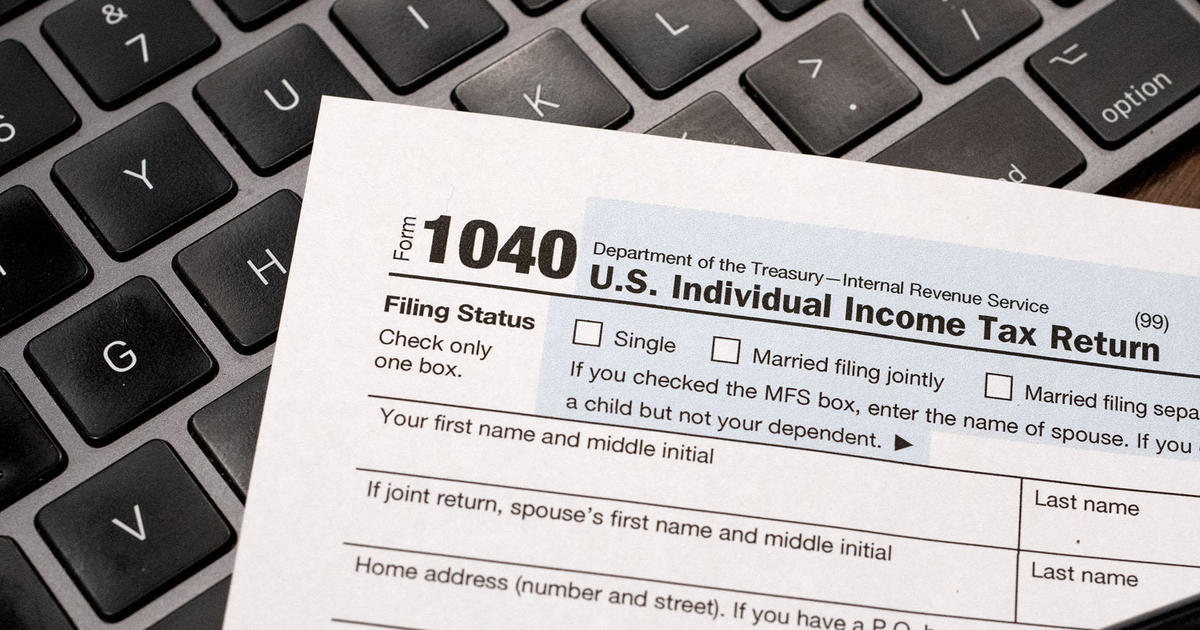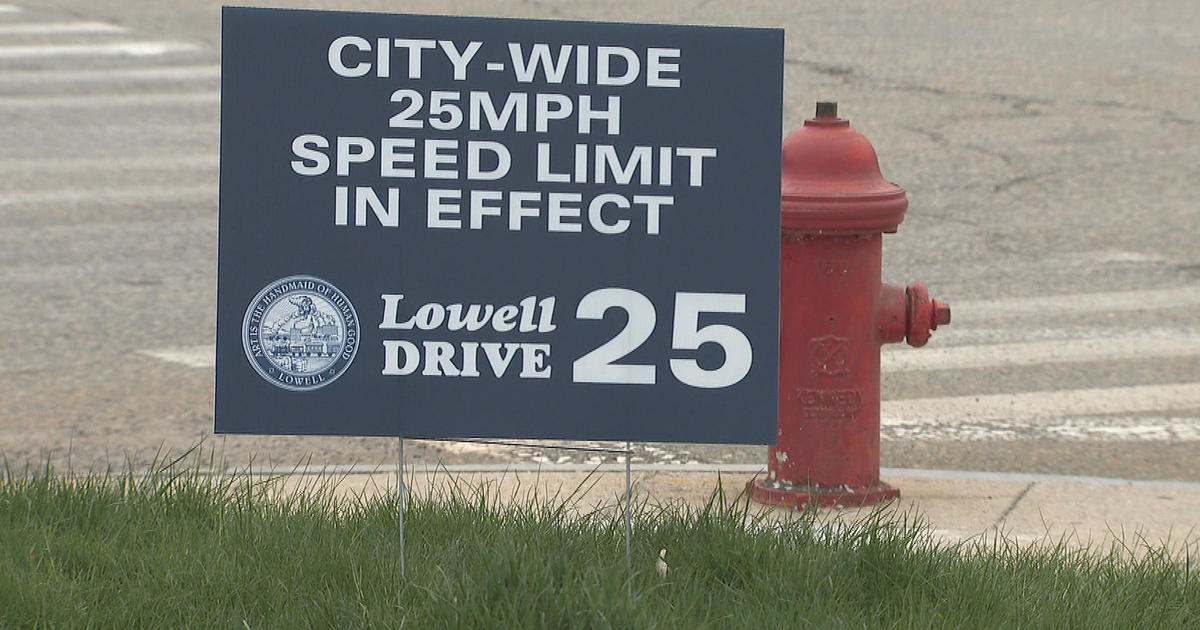Mass. Tribal Casino Deal Appears Close, Lawsuit Could Complicate Matters
BOSTON (AP) — A path to the state's first tribal casino appears to be clearing faster than expected, but a potential lawsuit from an excluded tribe still threatens to complicate or even delay the process.
The Mashpee Wampanoag moved swiftly to take advantage of a provision in the state's new gaming law that gives a leg up to a federally recognized Indian tribe in gaining the sole southeastern Massachusetts casino license. The Cape Cod-based tribe acquired an option on land in Taunton, negotiated a host community agreement with city leaders, and on June 9 received a vote of confidence from residents in a nonbinding referendum.
State officials including Gov. Deval Patrick have signaled that a compact is likely to be reached with the Mashpee by the July 31 deadline set in the casino law. And the federal Bureau of Indian Affairs is set to open hearings Wednesday on the tribe's application to place the Taunton land into federal trust, another crucial requirement.
By contrast, the Wampanoag Aquinnah has hit nothing but roadblocks in its casino quest.
Voters in two towns, Lakeville and Freetown, dealt the tribe resounding defeats in nonbinding votes asking whether they would welcome a casino in their communities. But even more damaging to the Aquinnah's hopes has been the state's steadfast refusal to negotiate a compact, a position Massachusetts officials tie to a 1983 land settlement that secured tribal lands on Martha's Vineyard.
The state contends that in agreeing to that settlement, which was later approved by Congress, the Aquinnah ceded future rights to tribal gaming on their lands or any future lands they might acquire. The Aquinnah strongly dispute that.
"It looked like a good deal at the time, because (the tribe) got land, they got federal money," said Clyde Barrow, director of the Center for Policy Analysis at the University of Massachusetts-Dartmouth.
"The one catch in all of these land settlement agreements is that it says you will abide by the laws of your state. You are bound by your state; you basically waive your sovereignty," said Barrow, a specialist on gaming issues.
The settlement made no specific reference to casinos, but said the tribe would be subject to state laws regulating or prohibiting games of chance.
Yet Barrow notes the agreement was signed prior to the 1988 passage of the federal Indian Gaming Act that established a regulatory framework for gambling on tribal lands.
"The issue has always been: Does that federal law override the settlement agreement?" said Barrow, adding the question had yet to be fully tested in the courts.
That could change if the Aquinnah pursue a federal lawsuit. Tribal leaders declined to be interviewed, but issued a statement saying all options would be weighed and "appropriate steps" taken to protect the tribe's rights.
The tribe says the federal gaming law superseded the 1983 settlement and the Aquinnah had as much right to a gambling facility as the Mashpee Wampanoag.
The state disagrees.
"The Commonwealth's position on the Aquinnah's status has remained unchanged for 15 years and through multiple administrations and reflects the fact that the Commonwealth's position has been that the two tribes are in fundamentally different situations under state law," said Jason Lefferts, a spokesman for the governor's economic development office.
The Mashpee never entered into a land settlement with Massachusetts.
Neither side in the dispute would discuss specific legal arguments, instead offering documents from a failed 1997 attempt by the Aquinnah to open a high-stakes bingo parlor in Fall River.
The tribe circulated a letter from a then-assistant secretary of Indian Affairs for the U.S. Department of Interior who concluded that the land settlement did not give the state jurisdiction over land taken into trust outside of Martha's Vineyard. The state countered with a letter from the Massachusetts attorney general's office concluding the settlement gave the Legislature clear authority to regulate tribal gaming.
Both the Aquinnah and Mashpee trace their histories in the region back thousands of years, both part of a once mighty Wampanaog nation. It was Wampanoag people who by tradition befriended the Mayflower Pilgrims and helped the settlers survive their early years in the New World, though war with the colonists would follow decades later.
The tribes insist they're not in direct competition, but the state gambling law allows for only one casino license in southeastern Massachusetts and makes no provision for compacts with more than one tribe.
It was unclear if or how a lawsuit might impact the development of a casino in Taunton. But the Mashpee also has other hurdles to cross.
Experts say the process of putting the Taunton land into trust could take two years or longer, and the tribe must provide evidence of ancestral and modern-day ties to the land, some 40 miles by highway from the town of Mashpee.
Tribal Council Chairman Cedric Cromwell said the tribe would show well-documented historical links.
Cohannet, Taunton's former Indian name, "was a main place for our tribe in which we had villages," Cromwell said. "We had sachems, which are chiefs, specific to the Mashpee Wampanoag tribe."
Another tribe, the Pocassets, has publicly questioned the Mashpee's roots in Taunton.
Under the state law, the five-member Massachusetts Gaming Commission would assess the tribe's likelihood of succeeding in its federal land trust application. If the panel determined that success was unlikely, it could open up the southeast license to commercial bidders.
Copyright 2012 The Associated Press.



